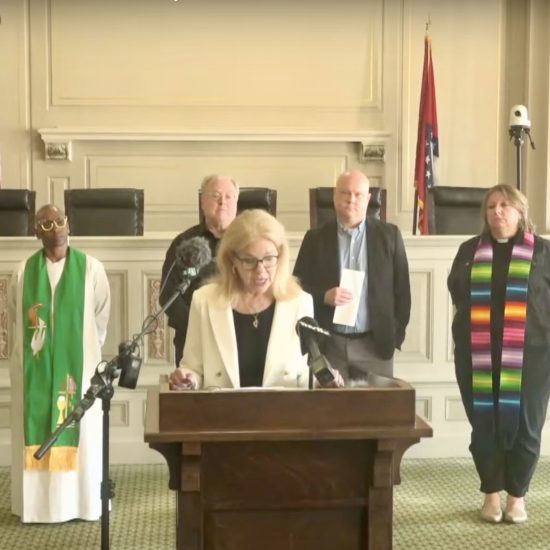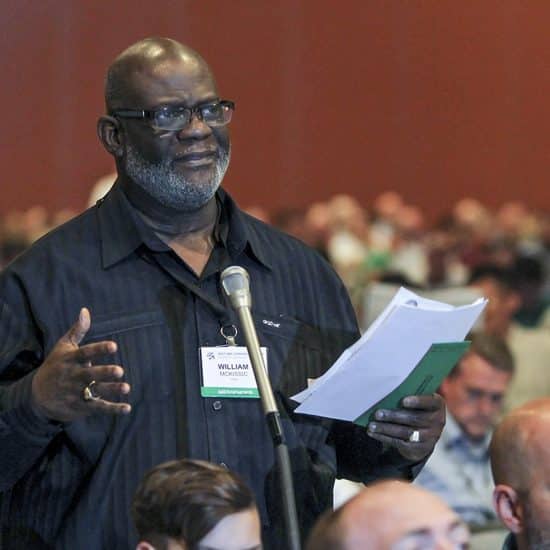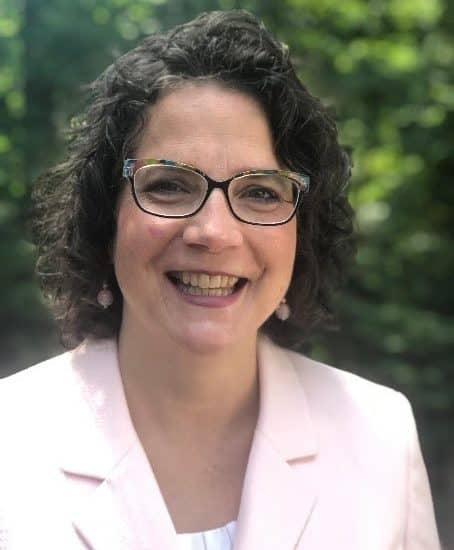WASHINGTON — A Baptist ethicist involved in a religious campaign to build a moral consensus against using torture in America's war on terrorism welcomed comments by the head of the Southern Baptist Convention's public policy arm that waterboarding is a form of torture and morally wrong.
Richard Land, president and CEO of the SBC Ethics & Religious Liberty Commission, said in interview comments quoted by Religion News Service and Baptist Press there are no circumstances under which it is permissible for U.S. officials to use torture in interrogations, even if they believe a prisoner has information with implications for national security.
Land said he views "waterboarding," a technique endorsed during the Bush administration by Vice President Dick Cheney, as torture and could not in good conscience support its use to interrogate a suspected terrorist.
David Gushee, distinguished university professor of Christian ethics at Mercer University and president of Evangelicals for Human Rights, said May 7 he was "very pleased" by Land's comments. Gushee said Land's thoughts "seem to indicate real clarity" about how once officials start using logic that the end justifies the means, they risk erasing the line between what is and is not morally acceptable.
"That's pretty much what we have been trying to say," said Gushee, who in 2007 drafted an anti-torture statement endorsed by the National Association of Evangelicals.
While the initiative gained widespread support among evangelicals, it also drew criticism of a tone that prompted Gushee to once remark, "You would have thought we had argued that Jesus was not the Second Person of the Trinity."
Daniel Heimbach, professor of Christian ethics at Southeastern Baptist Theological Seminary, called the statement "a moral travesty" that he said threatened "to undermine Christian moral witness in contemporary culture."
Albert Mohler, president of Southern Baptist Theological Seminary, said he would not rule out the possibility that there might be circumstances where using torture becomes necessary.
Gushee commended Land for speaking out on the issue and said he looks forward to working with him on it in the future.
Speaking along with other torture opponents to reporters in a conference call about a new poll finding widespread support among white evangelical Protestants for using torture against suspected terrorists, Gushee said leaders of evangelical churches have done too little to mobilize resources of the Christian faith against torture.
"While we did have a number of influential evangelical leaders — pastors, parachurch leaders and others — sign on and support our efforts, my sense is at the grassroots that most churches have not addressed the issue despite our best efforts to get them to do so," Gushee said.
Gushee said some evangelical churches resist speaking out on social issues altogether. In other cases, he said, "I think there have been political loyalties at play" along with political fears about negative reaction if a preacher were to address the wrong issue or talk about it in the wrong way.
Gushee said the National Religious Campaign Against Torture has achieved many of the goals it set out to accomplish, but the latest survey by the Pew Forum on Religion and Public Life indicates much work remains to be done.
"This is fundamentally not just a public policy issue but also a moral issue," he said. "There was evidence of moral drift under the fear of terrorism. We have had the goal all along of calling America to a moral consensus against torture. That work definitely continues in the future as this poll reveals."
The coalition is currently pursuing two new initiatives toward that objective. It advocates establishment of an independent commission to investigate torture policies used by the United State since 9/11. It also is asking religious organizations to observe Torture Awareness Month in June, providing worship and study resources for use by congregations.
"Fundamentally this is a spiritual issue," Gushee said. "It's not just a spiritual issue in the sense of national American spirit, but specifically the spirit of my own faith community, the Christian community and especially the evangelical community in this country."
Bob Allen is senior writer for Associated Baptist Press.




